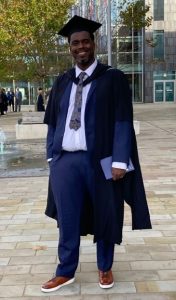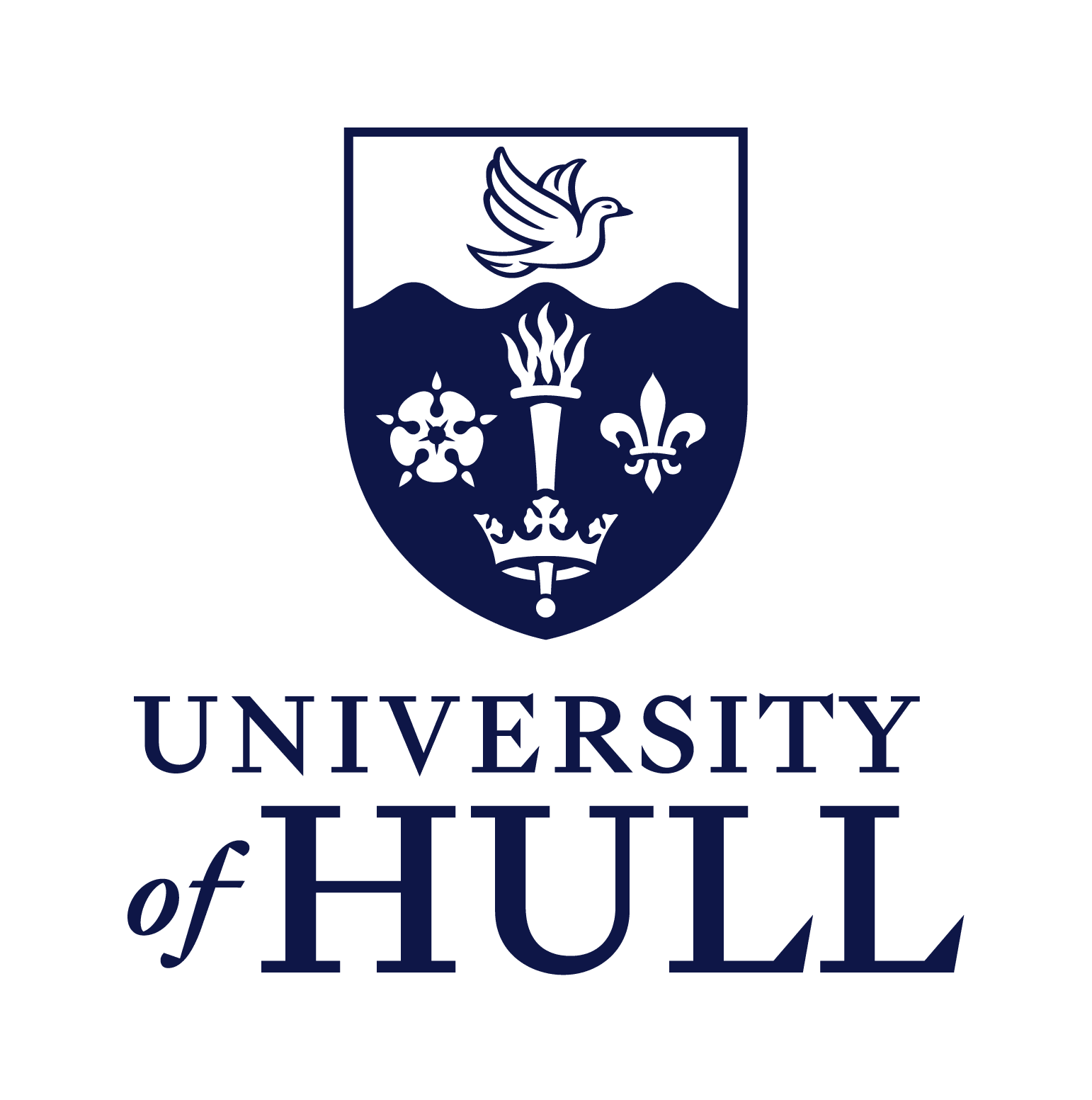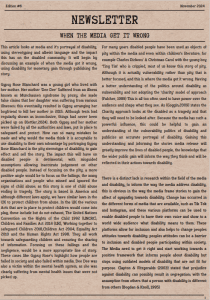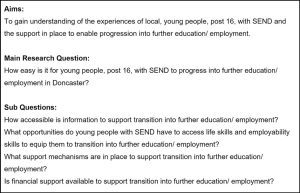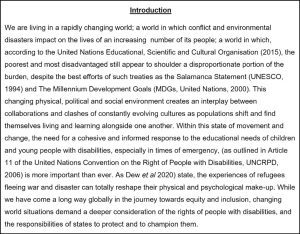This course includes the following core modules that all students complete:
- Media Representations of Special Educational Need, Disability and Inclusion
- Mental Health and Well-being
- Understanding Relationships Through Societal Agents for Inclusive Practice
- Global Perspectives of Disability
- Major Independent Study
This programme has been designed through the adoption of Transforming Programmes which is aligned to a competencies approach to learning ensuring graduates are fully equipped to enter a graduate workforce.
Distance learning students will access weekly recorded content via the virtual learning environment (CANVAS). Weekly online discussion forums will support the students’ developing knowledge and will encourage peer collaboration, developing a community of practice. Digital technologies can consequently provide both communication and experimental environments in support of the learning process. The exploration of key points and sharing ideas within the discussion forums will enable students to understand and evaluate different perspectives. Initially this will be led by the module leader but as students’ progress, they will take the lead in developing this collaboration, students will have opportunities to initiate the on-going discussion and construct new knowledge and can access this forum in a flexible way. The combination of asynchronous and synchronous learning facilitates students accessing learning around their busy schedules, though also ensuring opportunities for meaningful discussion and the sharing of good practice.
Live group tutorials will be held virtually through Microsoft Teams to support assessments. These will be delivered by the module leader and will allow all students to collaborate within their programme variant and explore ideas in greater depth, pursue their own research interests, and clarify ideas and access guidance. Live group tutorials will be recorded so students have an aide memoire to refer to.
Assessment strategies reflect the inclusive, innovative and creative approach to teaching and learning within the School of Health, Education, Well-being and Sport. Assessment methods provide diversity in terms of modes of assessment and consider the diverse student body. Formative assessments, which occur throughout the programme, are aligned to summative assessments, and seek to improve student achievement of learning objectives through approaches that can support specific student needs. Formative assessments have been designed to support the development of key competencies and act as a building block of developing skills that will support in the production of a final submission. Summative assessment evaluates student learning at the end of each module, students will be provided with a range of feedback and feedforward to help improve academic writing.
- Newspaper Article
- Training package
- Evaluation and Reflection
- Intervention Plan
- Essay
- Research Proposal
- Dissertation
Level 6 qualification (360 credits), such as BA (Hons) degree – Minimum of 2:2 classification
Applicants will be practitioners already working with children and young people, within a relevant sector. This might be in a full time or voluntary capacity. Importantly they will have at least 2 years full time equivalent experience working with children or young people prior to starting the course.
All students will be required to hold an enhanced DBS.* Any applicant with criminal convictions will be considered by the DNCG Safeguarding team to establish their suitability to engage in the programme. Early disclosure is therefore highly recommended and encouraged through the rigorous application process.
*Or suitable alternative
We are committed to creating educational opportunities for people from a variety of backgrounds and situations. If you have been out of formal education for some time, and/or you do not have the qualifications stated, we might still be able to consider your application and offer you a range of support. We are here to help. Please get in touch to find out more.
The high-quality learning experiences within the MA Special Educational Needs, Disability and Inclusion programme are designed to support students’ development, with a clear focus on developing high level academic skills and preparation for the sector, through the development of key, transferable skills. Students will learn from the acquisition of knowledge through inquiry-based learning and collaboration with peers to inform discussion, practice and co-production of knowledge. This is achieved through a two-way process, where the learning in an academic environment is applied in the workplace. Therefore, academic study informs provision and supports the development of practice. Careers are varied within the SEND sector and students may take several routes depending on their specific aspirations.
Many of our graduate’s work with children and their families within education, health or care sectors, whereas others may progress into posts within local authorities which could involve the development of local strategy and policy. Many of our graduates wish to work with children and their families within education, health or care sectors, whereas others may progress into posts within local authorities which could involve the development of local strategy and policy.
While DN Colleges Group does not offer PhD or EdD programmes directly, we collaborate with the University of Hull to provide pathways for our students to pursue advanced doctoral studies. We can offer guidance and support to students interested in applying to these programmes and can facilitate connections with potential supervisors and research opportunities. In previous years the AC at the University has spoken to year 2 students in trimester 2 regarding the PhD at the University of Hull.
